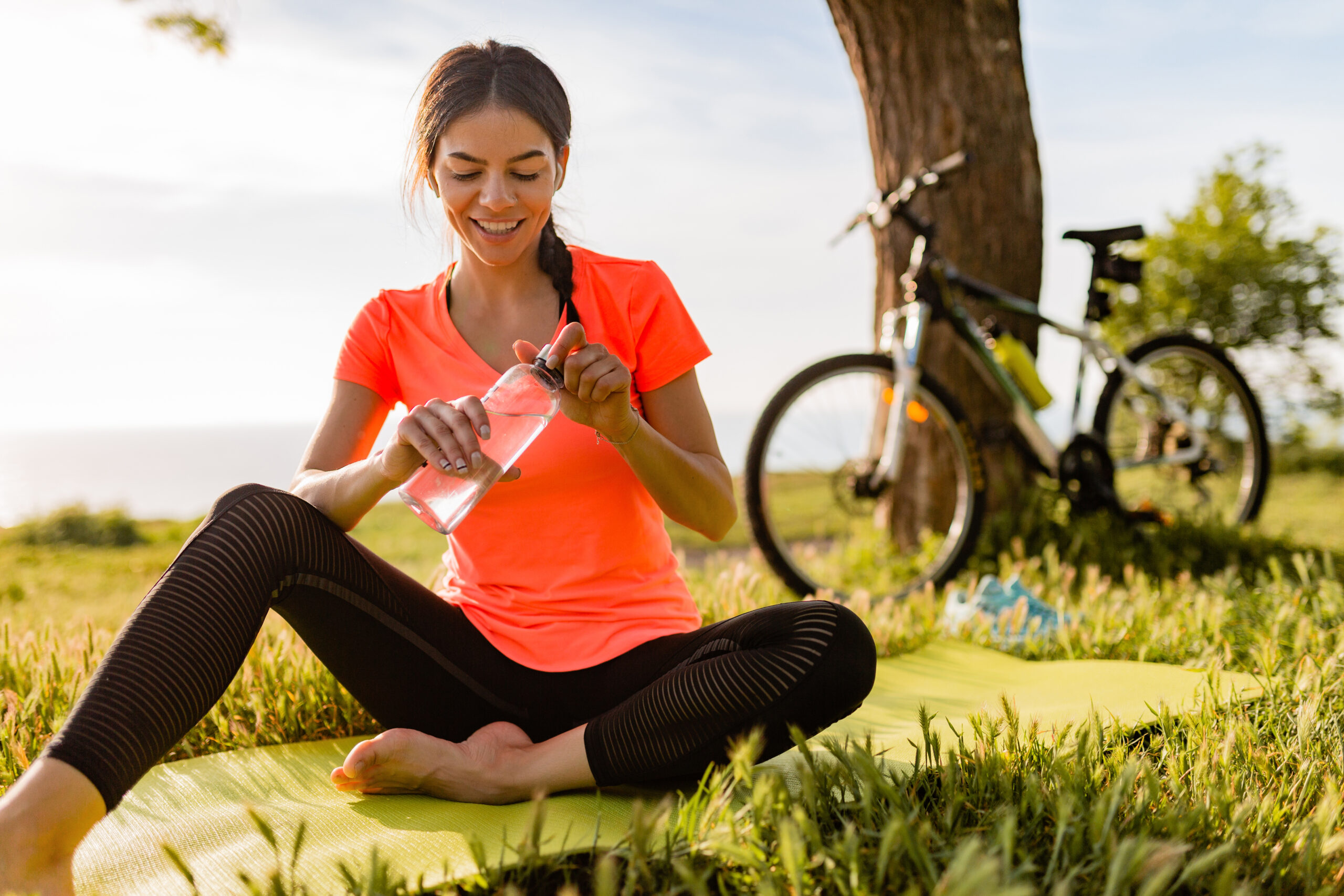Categoria não encontrada
Sem categoria
Relaxation Techniques for Athletes: Rejuvenating Body and Mind
Athletic performance is as mental as it is physical. Elite athletes know that the key to success lies not only in rigorous training but also in the ability to relax and recover. This article explores essential relaxation techniques for those seeking harmony between body and mind, ensuring optimal recovery and preparation for the next challenge.
Finding Balance Through Meditation
Meditation has gained prominence among athletes for its power to enhance concentration and reduce pre-competition stress. Dedicate moments of the day to meditative practice helps clear the mind, strengthen presence, and increase mental resilience. Guided meditation, focused on breathing or positive visualizations, is particularly effective for athletes seeking to improve their mental focus and emotional control.
Breathing as a Tool
Deep breathing techniques, such as diaphragmatic breathing, offer a quick and effective way to reduce muscle tension and stress. Regular practice of these techniques significantly improves lung capacity and oxygen efficiency, essential for athletes in intense training. Additionally, breathing exercises are used immediately before competition to calm nerves and enhance concentration.
Yoga: Strengthening and Flexibility
Yoga is more than just low-impact exercise; it is an integral tool for muscle relaxation and recovery. The combination of postures (asanas), breathing techniques (pranayama), and meditation promotes balance between body and mind, aiding in muscle recovery, increased flexibility, and stress reduction. For athletes, regular yoga practice results in better posture, fewer injuries, and a more focused mind.
The Restorative Power of Sleep
Quality sleep is crucial for the physical and mental recovery of any athlete. During sleep, the body performs vital functions of muscle repair and recovery, as well as consolidating memories and skills learned during the day. Establishing a regular sleep routine, ensuring a quiet and comfortable environment, and avoiding stimulants before bedtime are practices that significantly improve sleep quality and, in turn, athletic performance.
Enhancing Recovery with Hydrotherapy
Hydrotherapy, or aquatic therapy, uses physical properties of water, such as temperature and pressure, to facilitate recovery. Ice baths or whirlpool baths help reduce inflammation and accelerate muscle recovery after intense workouts. In addition to physical benefits, the relaxation sensation provided by water is a valuable mental relief, helping athletes disconnect from the pressures of training and competition.
Nutrition Focused on Recovery
Nutrition plays a crucial role in muscle and mental recovery. Consuming foods rich in proteins, antioxidants, and essential fatty acids after exercise accelerates the recovery process, reduces muscle damage, and improves energy efficiency. Including anti-inflammatory and omega-3-rich foods, such as fish and nuts, in the diet also helps combat physical and mental stress.
Visualization Techniques for Mental Recovery
Visualization is an effective technique that allows athletes to focus on their goals, improving motivation and confidence. Imagining successfully performing an activity or competition prepares the mind for actual success, in addition to being an effective form of mental relaxation. This practice is especially useful during recovery periods, keeping the mind engaged and positive.
The Importance of Active Rest
Active rest, which involves engaging in low-intensity activities on recovery days, is as important as intense training. Activities such as light walking, gentle cycling, or swimming help keep the body moving, promoting blood circulation without overloading the muscles. This approach not only aids in physical recovery but also offers a mental break, allowing the athlete to temporarily disconnect from the demands of rigorous training.
Cultivating Mental Resilience Through Rest
The mental aspect of recovery is as crucial as the physical one. Developing mental resilience allows athletes to face future challenges with a positive and determined perspective. Mental relaxation strategies, such as reading, music, or relaxing hobbies, help decompress the mind after competitions and intense training, promoting a sense of well-being and preparation for the next challenges.
Integrating these relaxation techniques into an athlete’s routine not only optimizes physical and mental recovery but also improves overall performance. The key is to find the right balance for each individual, combining different methods to meet their specific needs. By prioritizing both body and mind recovery, athletes reach new heights in their careers, staying healthy, motivated, and focused on their goals.
Sooro Renner — Nutrition that Generates Results.